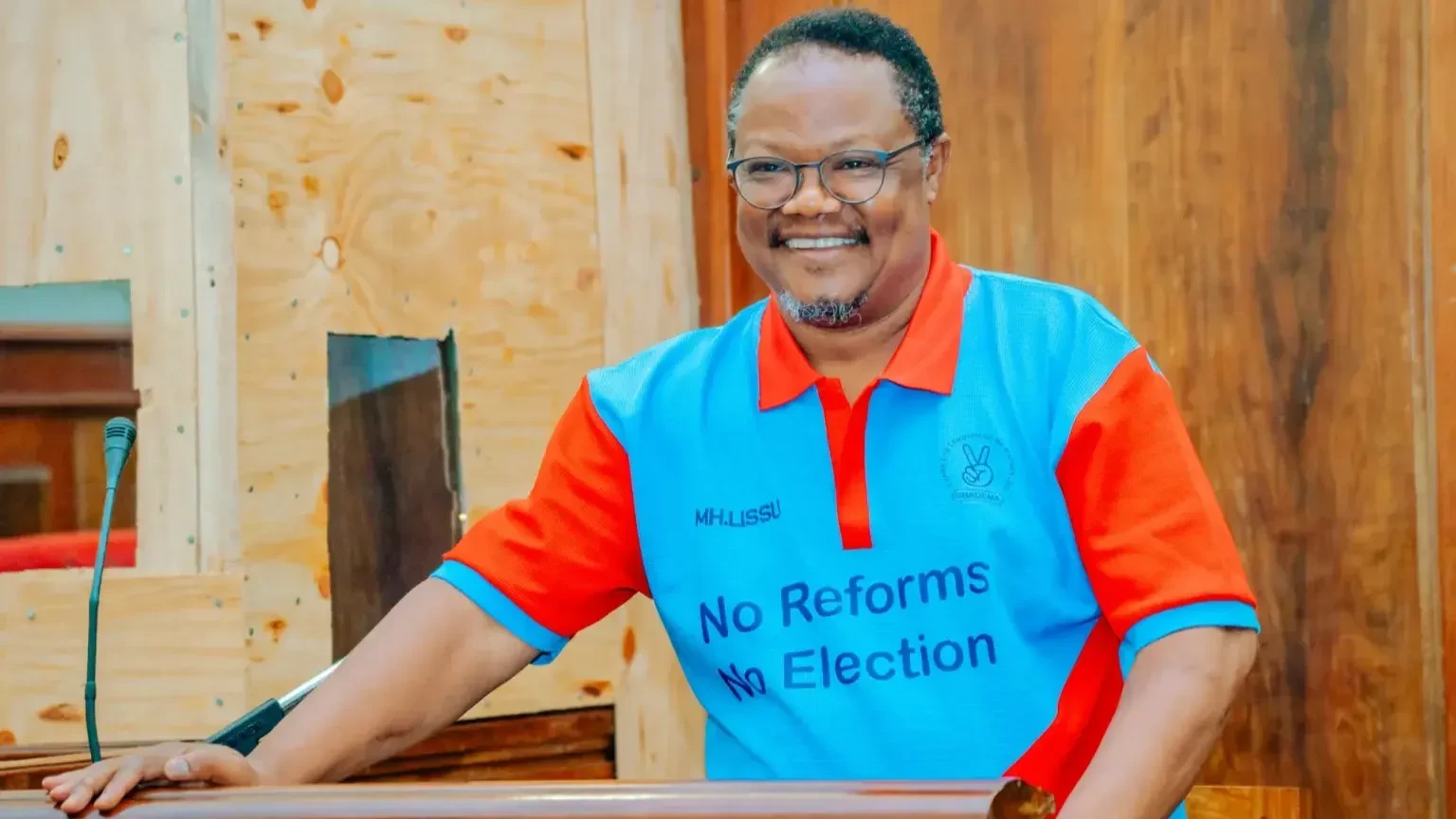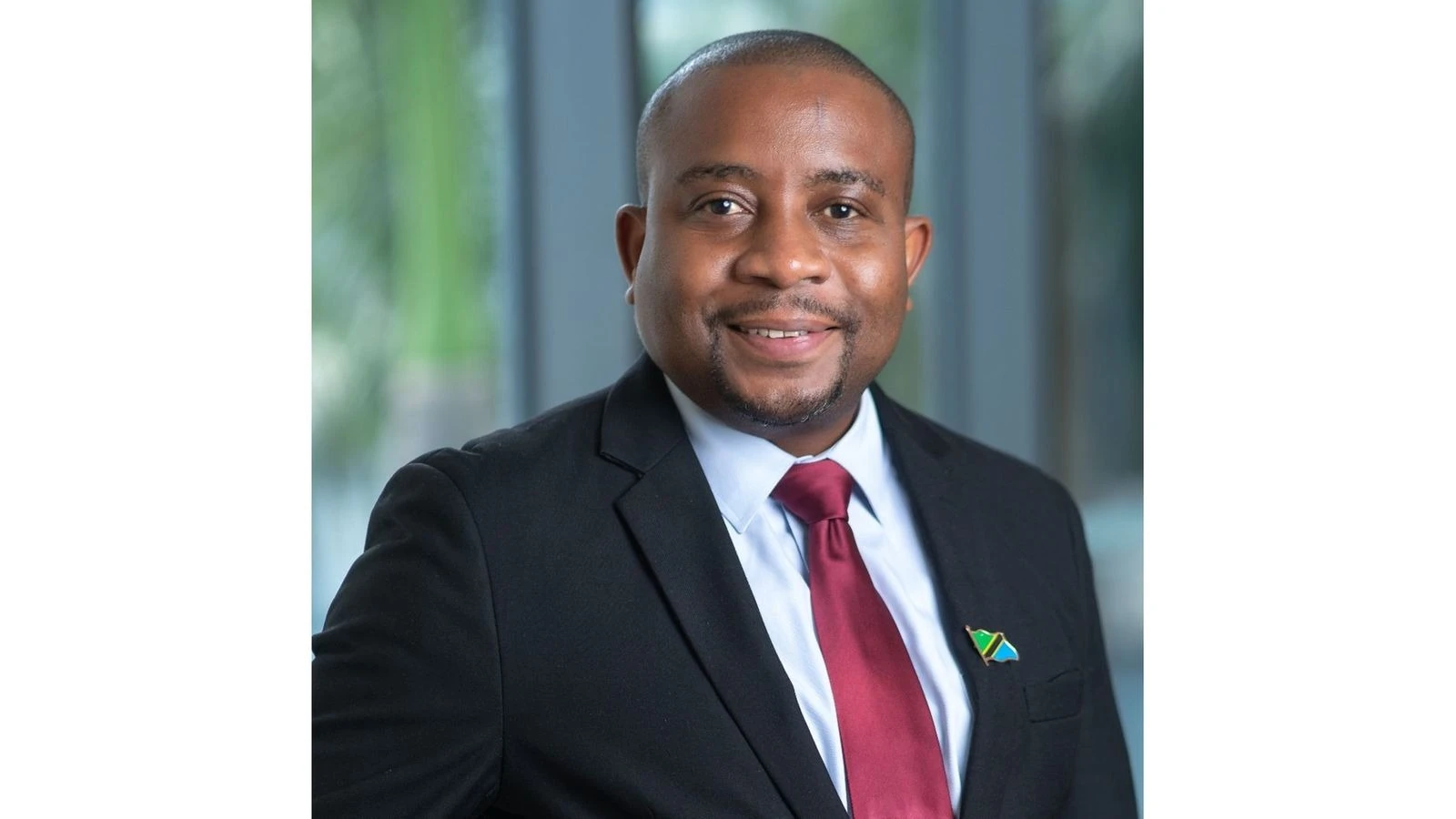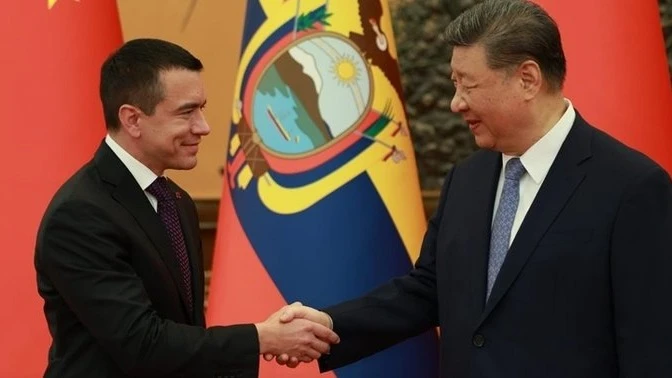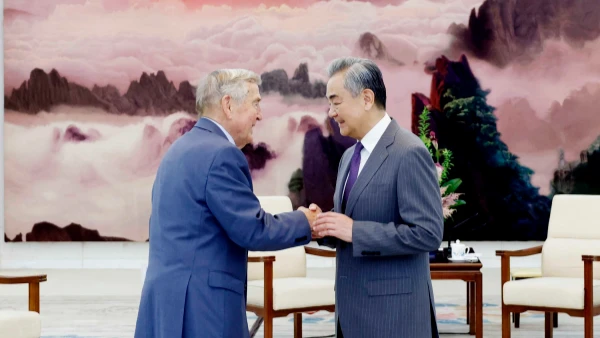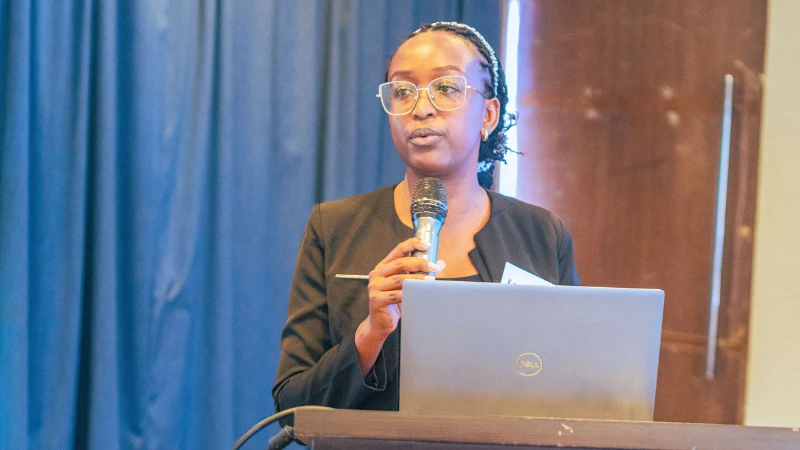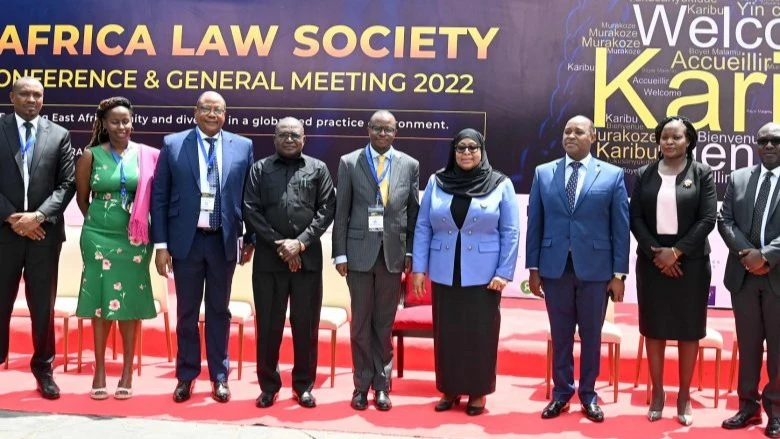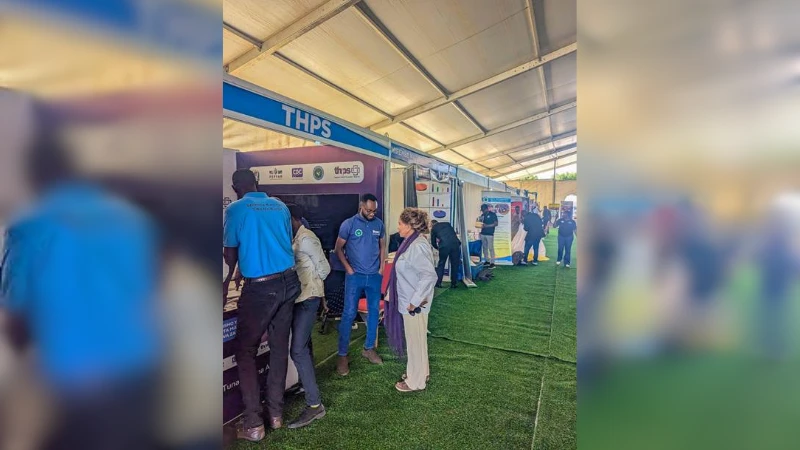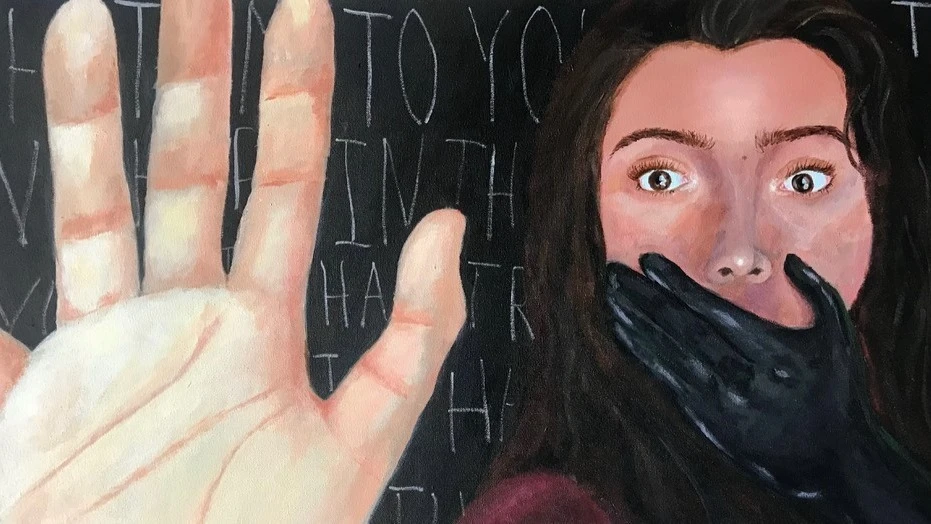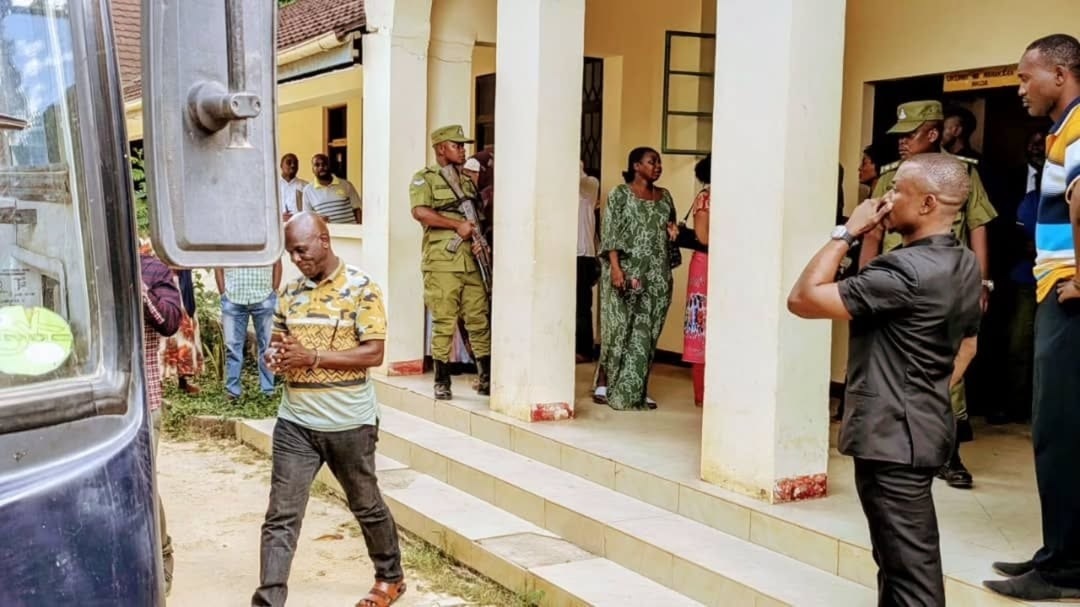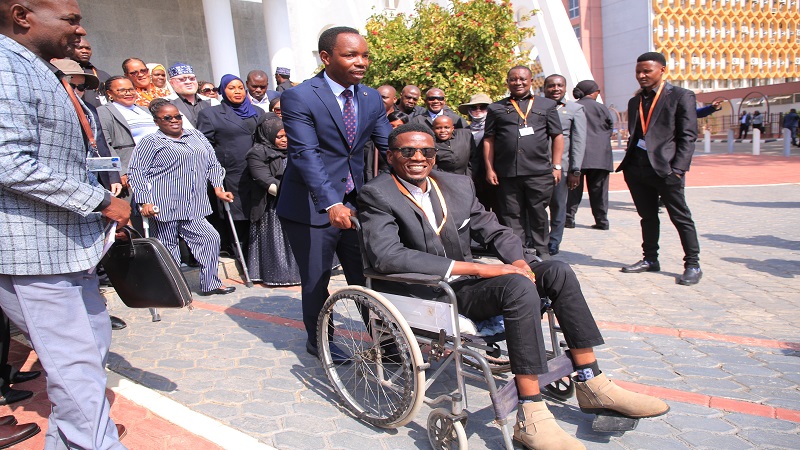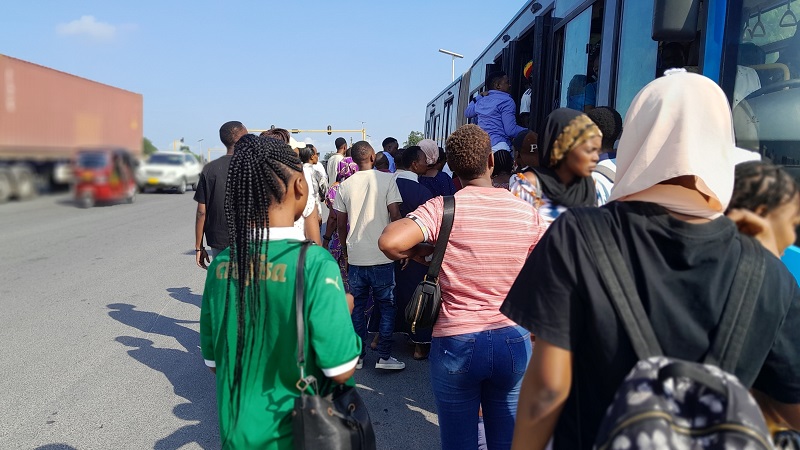Dar fights drugs globally and faces threat from counterfeit medicines
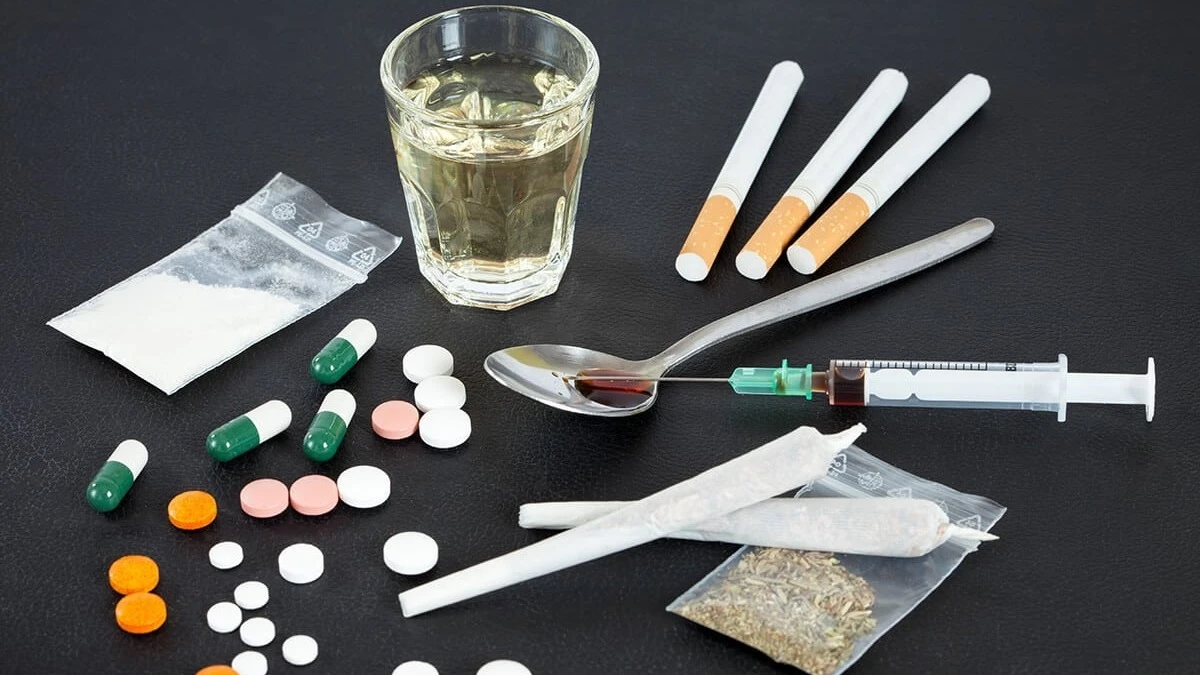
AS Tanzania joins the global community today in commemorating the International Day Against Drug Abuse and Illicit Trafficking, also known as World Drug Day, under the theme "The Evidence is Clear: Invest in Prevention," the nation's multi-pronged strategy to combat both conventional illicit drugs and the rising tide of counterfeit pharmaceuticals takes center stage.
This comes amidst revelations from INTERPOL's Operation Pangea, which recently resulted in massive seizures of illegal medicines globally, underscoring a dual threat to public health and safety. The pervasive problem of drug abuse and illicit trafficking continues to challenge nations worldwide, perpetuating cycles of addiction, crime, and health crises. Tanzania, strategically positioned as a transit route for illicit drugs, confronts its unique share of this complex challenge, demanding robust and collaborative interventions that span national borders and address evolving threats.
The Drug Control and Enforcement Authority (DCEA), in collaboration with other security agencies, has significantly intensified its war against illicit drugs. Recent reports highlight a notable decline in the trade of cocaine and heroin within the country, a direct outcome of aggressive crackdowns on trafficking syndicates.
According to a report presented in Dodoma by the Minister of State in the Prime Minister's Office (Policy, Parliament and Coordination), Mr. William Lukuvi, a substantial 2,307 kilograms of cannabis were seized in 2024, making it the most confiscated drug. This figure includes 2,303.2 tonnes of locally produced cannabis and 4.17 tonnes of high-THC cannabis known as "Skunk," often smuggled from Southern African countries. The remarkable 89.8% increase in Skunk seizures compared to the previous year signals enhanced control over drug trade routes. Additionally, authorities confiscated 18.45 tonnes of khat, alongside significant quantities of industrially manufactured drugs: 1.7 tonnes of methamphetamine, 433.02 kilograms of heroin, and 853 grams of cocaine.
These successes are attributed to the rigorous work of security agencies in monitoring trafficking routes across borders, airports, and seaports. The government has also bolstered its oversight of precursor chemicals and narcotic medical drugs to prevent their diversion for illicit drug production. In 2024 alone, 19.2 kilograms and 22,682.4 liters of precursor chemicals, along with 56.78 kilograms and 200 milliliters of narcotic medical drugs, were seized. Further strengthening this defense, electronic systems successfully blocked the importation of an additional 29.6 tonnes and 125 liters of precursor chemicals.
President Samia Suluhu Hassan's unwavering commitment has been pivotal in empowering the DCEA, security and defense forces, health professionals, stakeholders, and the general public. This collective effort is recognized as a crucial weapon in a battle that spans multiple sectors including health, security, education, employment, and social welfare.
Beyond strict enforcement, Tanzania is increasingly prioritizing drug demand reduction and rehabilitation services. The World Drug Day theme, "Invest in Prevention," strongly resonates with the nation's strategy, acknowledging that a holistic approach is essential to tackle drug abuse effectively.
The government continues to provide methadone treatment for opiate addicts, particularly heroin users, through 16 centers nationwide, currently assisting 17,975 individuals. Complementing this, 62 sober houses are actively providing recovery services to 17,230 drug users, offering crucial support for their journey towards healthier lives.
The Ministry of Health plays a central role in these preventive and rehabilitative efforts. Its "Non Communicable Diseases, Mental Health and Substance Abuse Section" facilitates guideline development, integrates mental health and substance abuse services into primary care, and supports primary prevention activities. These initiatives aim to provide comprehensive care, address the root causes of addiction, and promote community participation in mental health and drug abuse prevention.
Collaboration extends beyond traditional government agencies. The Prevention and Combating of Corruption Bureau (PCCB) and the DCEA have joined forces, recognizing the strong link between corruption and the illicit drug trade. Their partnership involves intelligence sharing, joint training for employees, and public awareness campaigns through platforms like anti-corruption clubs in schools and colleges, aiming to deter youth from involvement in both illicit activities.
The complexities of drug control extend beyond traditional narcotics to the alarming proliferation of counterfeit and illicit pharmaceutical products. This global threat was starkly highlighted by INTERPOL's Operation Pangea, which recently concluded a massive worldwide crackdown on pharmaceutical trafficking.
Between December 2024 and May 2025, Operation Pangea resulted in the arrest of 769 people and the seizure of illegal medicines worth an astonishing USD 65 million. Authorities confiscated 50.4 million doses of medicine and dismantled 123 criminal gangs in what marks the largest seizures and arrests in the operation’s 17-year history.
"The rapid growth of online platforms has made it easier for these unsafe drugs to reach people, as well as opening new opportunities for criminal networks to exploit," stated David Caunter, Director of Organized and Emerging Crime at INTERPOL. Anti-anxiety drugs, medications for Parkinson’s disease, and erectile dysfunction medicines were among the most common illicit products found.
Alarmingly, 93% of the illegal medicines lacked regulatory approvals from national health authorities, with the remaining 7% identified as either counterfeit or misbranded products. "Fake and unapproved medications are a serious risk to public health. They can include dangerous or illegal ingredients potentially resulting in severe illness, or even death," Caunter warned.
In Africa, limited access to legitimate healthcare has unfortunately fueled a deadly spike in medicine trafficking. According to the UN Office on Drugs and Crime, fake medicines kill almost 500,000 sub-Saharan Africans annually, including a staggering 169,271 deaths linked to illegal antibiotics used to treat pneumonia in children.
Addressing illegal medical products is a significant challenge due to limited resources and infrastructure in many regions, particularly in low- and middle-income countries, as noted by the WHO. Producers are employing increasingly sophisticated methods to evade detection, while "the rise of online purchases and informal markets makes it hard to monitor and control the distribution of these products." Operation Pangea spanned 90 different countries, with 18 African nations actively participating, including Tanzania's neighbors and key regional players.
As Tanzania observes World Drug Day, the collective message from authorities is clear: a sustained and multi-faceted effort is paramount. From empowering law enforcement and enhancing prevention education to expanding rehabilitation services and actively participating in global operations against illicit pharmaceuticals, the nation remains committed to building a drug-free future and safeguarding the health, safety, and productivity of its citizens, especially its youth. The intensified focus on evidence-based prevention is a critical step towards a more compassionate and effective response to these complex and evolving challenges.
Top Headlines
© 2025 IPPMEDIA.COM. ALL RIGHTS RESERVED











